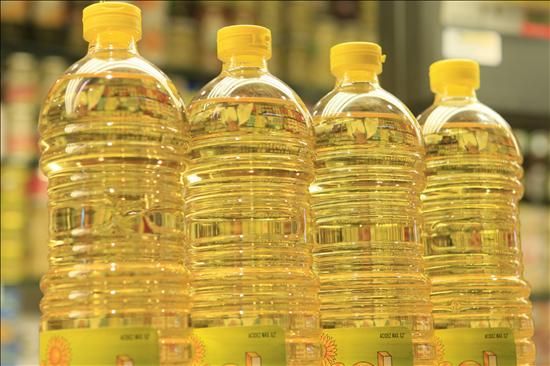
THERE is no need for Zimbabwe to continue importing cooking oil from neighbouring countries because local producers are now able to meet demand, the Confederation of Zimbabwe Industries (CZI) said.
BY MTHANDAZO NYONI
Zimbabwe, with a monthly requirement of 11 500 metric tonnes of cooking oil, has previously relied on cheaper imports mainly from neighbouring South Africa and Botswana.
CZI president Busisa Moyo told NewsDay in an interview that there was no reason for the country to import cooking oil from other countries at the expense of the continued viability of local producers.
“We are now able to supply the national cooking oil requirements and there is no need to import cooking oil. We have got plenty of products available. We have got four or five expressers in the country and we are supplying the whole country with cooking oil,” Moyo said.
 On measures put by Finance minister Patrick Chinamasa recently to protect local industries, Moyo said they were very positive because local industry needed to be supported.
On measures put by Finance minister Patrick Chinamasa recently to protect local industries, Moyo said they were very positive because local industry needed to be supported.
“We need to support local industry; as you know, for six months our import deficit is $1,8 billion and this is a big number. We are importing $3 billion but exporting $1,2 billion.
“We need to sort that out [because] $1,8 billion for the half year means $3,6 billion, almost $4 billion imports deficit for the year. That will affect our local industry, demand as well as liquidity. We need to localise production and Zimbabweans need to buy local products,” he added.
- Chamisa under fire over US$120K donation
- Mavhunga puts DeMbare into Chibuku quarterfinals
- Pension funds bet on Cabora Bassa oilfields
- Councils defy govt fire tender directive
Keep Reading
Government recently removed the travellers rebate on grocery items, saying there was no justification for their continued import since the local industry was producing such goods. For cooking oil, it raised customs duty to 40% and a 25% surtax or $0,50 per litre, whichever is higher.
Moyo said the production capacity for cooking oil producers in the country was going to shoot up due to such measures.
“Our production is going up and has gone up and it is going to go up even more because we are not just talking about local consumption. We are going to export like we used to,” he said.
Moyo said Zimbabwe was in rebuilding phase and as such, local consumers needed to support local producers. “Remember that we are in rebuilding phase and Zimbabweans need to understand that we are rebuilding the economy. Cooking oil a couple years ago was $12 especially in 2009, but today we are talking of under $3 in some instances,” he said.
“So we have managed to significantly bring down the unit cost because of volumes. The more volumes and the more demand we have, the lower [price] per unit cost, the better the companies can use economies of scale to negotiate contracts for raw materials and so on. Zimbabweans need to understand the process of rebuilding and come along and participate . . .”










